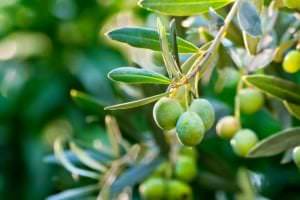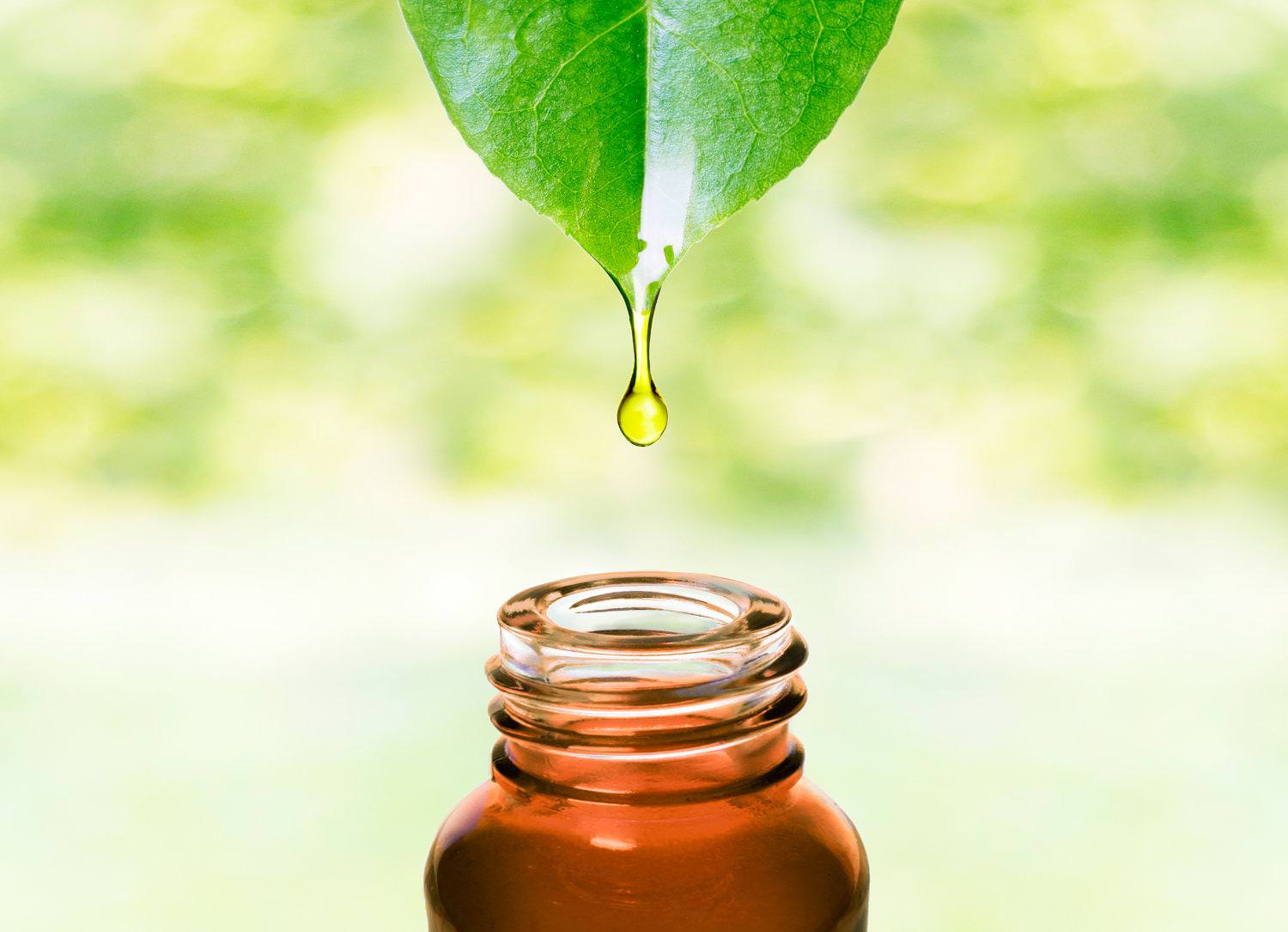Green cosmetics are at the heart of the concerns of many stakeholders in the sector. Discover the environmental and social issues
Cosmetics have been undergoing profound change for several years now. Beyond fashion trends, stakeholders in our industry are wondering how to respond to the ecological and social challenges of the 21st century. The path towards green and sustainable cosmetics concerns the entire value chain of our business sector, from the choice of ingredients to the aspirations of the end consumer. With Sophim, discover concrete ways to offer cosmetic products that are always healthier and respectful of our planet.
1. Natural ingredients that respect the environment
A commitment to green cosmetics begins with the choice of ingredients. A composition that uses ingredients of natural origin as much as possible is a first step, but it is not enough. A rational purchasing process is essential.
The impact of production on the environment
A product of natural origin can have an impact on the environment. Palm oil production in Indonesia, Malaysia and Brazil has often been singled out for its potential consequences on the ecosystem and has been accused of contributing to deforestation. If these practices are the prerogative of certain unscrupulous producers, stakeholders in green cosmetics can take concrete action to deal with more responsible suppliers.
The choice of a certified raw material is certainly the best answer. For example, it is possible to opt for a certified palm oil that meets the standards of the Roundtable On Sustainable Palm Oil. An RSPO Segregated certification is one of the most demanding nowadays.
Choosing a responsible production method
Ingredients of natural origin can also be produced using intensive methods. The cultivation of avocado, rapeseed or sunflower, which uses pesticides that help reduce the populations of bees and pollinating insects, has a negative impact on the environment. Alternatives to intensive cultivation exist for a more responsible approach.
Organic farming guarantees a high level of respect for the environment. The organic label guarantees you a production that respects the soil, with the use of very controlled inputs: only a limited list of products, which have been the subject of in-depth studies to validate their harmlessness on soils, fauna and flora, can be used under special conditions. You can look into IOFAM to learn about the rules and issues associated with organic farming across the world.
Sustainable agriculture is an alternative to intensive agriculture. It pursues objectives of reducing inputs, while offering farmers greater flexibility. Labels and certifications can be issued to farms that undertake to comply with specifications. In France, the HVE approach (High Environmental Value) promotes stakeholders in the agricultural world that are committed to this approach.
Many other initiatives, certifications and labels are offered. Some manufacturers or cosmetic groups, for example, have their suppliers sign charters, committing them to comply with specifications including an environmental and social component.
The use of co-products from the food industry is a solution that is on the rise. Green cosmetics take elements that are not used for human or animal food and use them to produce cosmetics. The organic plum oil that we offer you, for example, comes from the exploitation of the kernels of dried prune almonds; until then, they were doomed to destruction.
Reflecting on the end of product life
Reflecting on the choice of ingredients must also involve anticipation of the end of life of the product. Sunscreen, for example, partly ends up in the sea and can have an impact on the ecosystem. Likewise, body care products will not be completely absorbed by your skin, and partly end up in the sewage system. If untreated by wastewater treatment plants, they also end up in the sea.
Opting for healthy ingredients of natural origin also contributes to the preservation of our soils and our oceans.
The example of squalane with Sophim
Take the example of squalane, an emollient that can be used for body, face and hair care, and which is used in the composition of certain sunscreens and certain makeup products. It can be of synthetic origin in particular, produced by the petrochemical industry through the synthesis of terpene compounds, or by enzymatic transformation through a biotechnological process and the use of synthetic chemistry. It can also be obtained from plants or living organisms rich in squalene.
In green cosmetics, squalane of natural origin is preferred to its synthetic equivalent, with a choice being made from a plant source. To go further, the methods of cultivating the plants that go into the composition of squalane are also important. Stakeholders sensitive to environmental issues are moving towards production methods based on sustainable or organic agriculture or on upcycling, with local supply (at national or European level).
At Sophim, we have chosen a squalane of plant origin, obtained in part using co-products from the food industry. We recover these co-products to extract squalene from them and then produce squalane. This choice of upcycling makes it possible to have a positive ecological footprint. We offer a second life to olive pomace, a raw material that had no other outlet, and we upcycle it. We are thus helping to reduce cultivated areas, and we are working in favour of biodiversity.
2. Local sourcing for a reduced carbon footprint
Logistics is a lever to act for the benefit of green cosmetics. Certain raw materials may indeed come from the other side of the world. Oils from Asia, Africa, South America or Oceania, for example, may remain more attractive despite the cost of transport. Beyond environmental considerations concerning production methods (deforestation, use of pesticides banned in Europe, working conditions, etc.), we must also consider the carbon footprint of these trips. According to CMA-CGM shipping company, the new generation “Antoine de Saint Exupéry” shipping container consumes around 30 grams of CO2 per kilometre and per 6.1-metre container transported. A container that travels 10,000 kilometres has a carbon footprint of 300 kg of CO2, which corresponds, for example, to a return trip by car between Marseille and the Netherlands. This footprint is even higher with older ships.
Choosing ingredients of local origin, at a national or European level, has a significant positive impact on the environment.
European production for Sophim
We opt for local sourcing as much as possible to reduce our carbon footprint. We can also establish a relationship of trust with our suppliers, which translates into increased quality. This is the case, for example, for organic raspberry, plum and hemp oils, which are “made in France“.
We can thus considerably reduce our carbon footprint linked to logistics, and at the same time ensure you the best quality/price ratio.
3. A safe and sustainable manufacturing process
Designing formulations that highlight ingredients of natural origin is only the first step. Green cosmetics are also based on strong commitments in terms of production. Choosing a laboratory or a manufacturer of cosmetic ingredients based in Europe, for example, ensures that you comply with demanding regulations.
European standards guarantee a high level of safety, which greatly limits incidents that may be harmful to the environment or to health. Employees also benefit from a higher level of training. France, for example, has centuries of know-how in the cosmetics sector. This translates into specialised courses and the transmission of knowledge between generations.
Labour law in the countries of the European Union protects employees. Standards prevent the risk of accidents at work; minimum wages are set at higher thresholds than in other regions of the world, ensuring a decent life. Choosing Europe for its production means affirming a strong social commitment.
We invite you to consult our article on European regulations for cosmetics.
European production for Sophim
Choosing Europe for our production seemed natural to us. Our Spanish production site is located as close as possible to the olive groves. The raw material is upcycled and concentrated, before being sent to France (Peyruis, 04) to move onto the next step in the production process.
We also participate in the dynamism of a French centre of excellence which offers outlets and qualified jobs with rewarding career prospects.
4. Packaging that is committed to a “low waste” approach
Plastic packaging represents a major environmental challenge in the 21st century. Thrown away into nature, it is blown away and pollutes waterways, rivers, and oceans. According to a study by the Ellen MacArthur Foundation, if we do not act, the oceans will have more plastic than fish in 2050.
Stakeholders committed to a green cosmetics approach are aware of this problem. Cosmetic brands can act at different levels:
-
-
- By reducing or eliminating overwrapping;
- By redesigning packaging to reduce the amount of plastic used;
- By opting for bio-based plastics, of plant origin and biodegradable;
- By opting for recycled and recyclable plastics;
- By offering new ranges of solid cosmetics
-
Recycling is also the responsibility of the consumer. Some stakeholders carry out awareness-raising and communication to help their customers adopt the right reflexes.
Another cosmetic is possible with Sophim
Our cosmetic ingredients can come in solid formulations. We offer our distributors and customers a sample size hydrating body stick, to help them project our ingredients into a finished cosmetic formula in solid form.
5. Better readability for green offers
Consumers’ interest in ecological and social issues translates into a competitive advantage for brands, manufacturers and suppliers who commit to green cosmetics. Different labels make it possible to promote an ecological and social commitment by consumers or other players in the sector:
-
-
- The labels associated with organic farming benefit from excellent visibility and a positive image amongst the general public.
- The COSMOS certification by ECOCERT sets standards for producing cosmetic products of natural or organic origin while respecting health and the environment.
- ISO 9001 certification validates quality management, which includes, amongst other things, customer satisfaction and a continuous improvement process.
- The Vegan labels offer visibility to products that do not contain ingredients of animal origin.
- The “cruelty free” labels are intended for products that have never included animal testing during their design phase
-
Quality and responsibility according to Sophim
Sophim benefits from COSMOS and ISO 9001 certifications. We also offer a range of ingredients that benefit from the “Organic farming” label. Sophim is committed to producing quality, responsible ingredients.
6. Innovation at the service of green cosmetics
Green cosmetics players are continually innovating to find natural and plant-based alternatives to ingredients from the petrochemical industry. This makes it possible to limit CO2 emissions, but also to preserve certain animal species.
Assessment methods are also evolving, in the service of animal welfare and respect for life. It is indeed possible to now opt for trial solutions that do not involve animals.
Innovation also makes it possible to add value to raw materials hitherto neglected, through the process of upcycling. Using olive pomace, for example, reduces the pressure on olive growing and makes it possible to highlight an ingredient previously destined to be destroyed.
Innovative production and processing processes can induce various positive effects. They can thus contribute to better employee safety and improved working conditions, or even to the reduction of waste or polluting gas emissions…
Vegetable squalane with Sophim
The development of a vegetable squalane has been at the heart of Sophim’s innovation approach for many years. By offering a molecule that is no longer the result of a heavy petrochemical process or of a marine origin, our technicians and engineers are committing to double environmental progress. PHYTOSQUALAN is obtained from olive. This innovation reduces pollutant emissions generated by the synthesis of terpene compounds, and preserves marine species. Our teams are currently working on the production of squalene of plant origin to meet the standards of the pharmaceutical industry, and thus provide the adjuvants of tomorrow necessary for the manufacture of vaccines that protect populations.

The olive, a natural and ecological source of squalane
Prizes to reward innovations in green chemistry
Created in 2006 by the Ministry of the Economy, Finance and Industry, and supported today by the Fondation de la Maison de la Chimie and France Chimie, the Pierre Potier Prize rewards, inter alia, professionals who innovate to reconcile chemistry and sustainable development. Three prizes are thus awarded each year.
Sophim was awarded the Pierre Potier in 2011 for its vegetable squalene, and was awarded the CSR Trophy issued by Responsible Care in 2014.
For more information, contact us
Category: Chemical expertise






